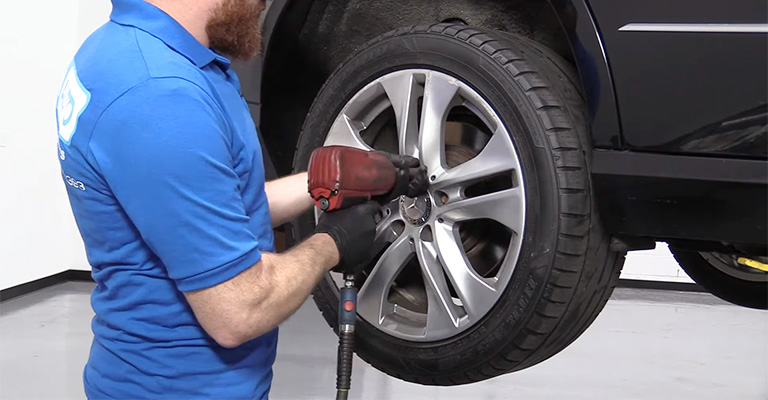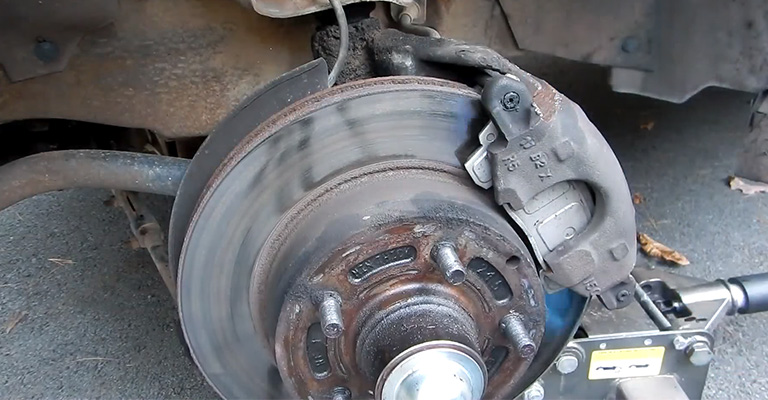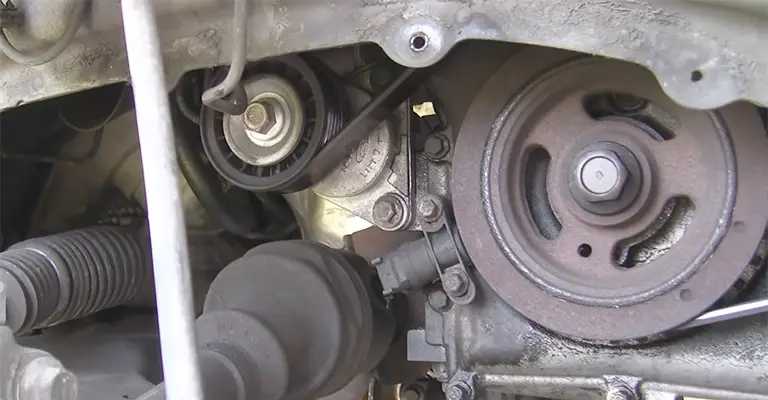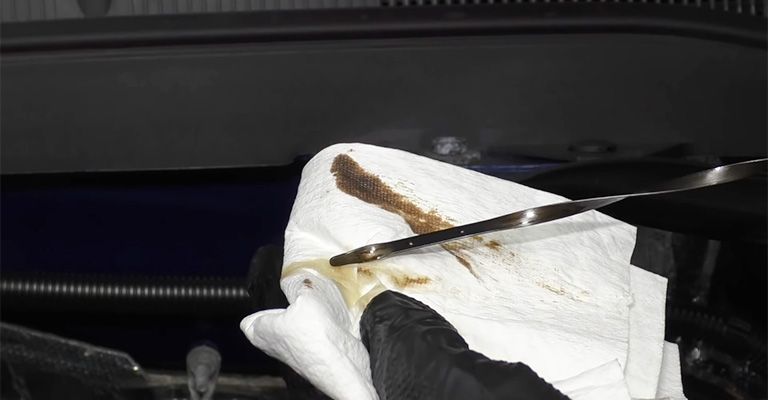Noise from time to time in cars is not a strange thing. However, it should be a concern if you frequently experience a loud clicking noise, especially when driving straight. Often, different components could cause this kind of issue; they include faulty CV joints, drive belts, brake pads, and power steering fluid, among others.
This article addresses the primary cause of such strange loud clicking noises and how to resolve them.

Why does my Car Make Loud Clicking Noise When Driving Straight? (Causes and Fixes)
Bad/ faulty CV joints
Faulty CV joints are among the leading cause of loud clicking noise when driving straight. A CV joint is made up of several components that are prone to damage which ultimately causes weird noise while driving.
For instance, CV boots can get cracked or torn, thus causing grease leakage and dirt to build up the CV joint. As a result, the CV joint loses lubrication. Also, CV boot clamps are prone to damage which causes loosening in the entire CV joint. Such issues related to CV joints cause a clicking sound when driving.
Note: Ignoring signs of a faulty CV joint could lead you to more problems with your axle, and the clicking sound will increase over time.
Solution
You need to identify the faulty CV joint and replace it as soon as possible, especially when the entire CV joint is damaged. Alternatively, you can identify the specific CV joint component with an issue for replacement.
Loose wheel nuts or hubcaps

Simple issues such as loose lug nuts or hubcaps on the wheels can easily cause a clicking noise when driving.
Loose nuts on the wheels cause your brake pads to have more room to wiggle and shake, thus creating a clicking sound when the wheel rotates. The sound can be heard from the brake motor.
Solution
This problem is easy and cheap to fix. Get the right tools (a spider or torque wrench) to tighten the lug nuts and hubcaps.
Loose brake pads

Loose brake pads also cause a rattling or clicking noise while driving straight, especially in braking instances. Brake pads are designed to be secured in the caliper seat; therefore, when they’re loose, they jump up and down anytime you brake.
Solution
You can adjust loose brake pads and tighten the caliper bolt as you hold the brake manually against the rim. It ensures they’re tight enough.
Suspension issues
The components of the suspension system are primarily designed to enhance safe driving on rough surfaces. When you have bad struts, shock absorbers or springs, it can cause annoying clicking noise when driving.
Solution
It’s good you replace your suspension components as soon they wear out to prevent clicking noise while driving straight or annoying rattles noises.
Loose drive belt (serpentine belt) or driving belt tensioners

When the drive belt or its tensioners is loose, it’s unable to supply enough power to other components, including the A/C, alternator, and automatic transmission. Additionally, it causes rattling against the car, causing a clicking noise when driving.
Solution
You can get a mechanic to tighten a drive belt and adjust the tensioner.
Low-power steering fluid
Contaminated or low-power steering fluid could cause a clicking noise in your car while driving. Low steering fluid levels contribute to the wearing out of suspension joints which causes a clicking noise. Such fluid levels go low after some time, and in some instances, it’s caused by leaks.
Solution
If you have contaminated steering fluid, you should drain it and add new quality steering fluid. Suppose you don’t have any leaks, but fluid levels are low; consider draining the old fluid and adding a refill with a new one. In case of leakage, you need to find its source and seal it before adding more steering fluid.
Low or dirty engine oil

Engine oil is quite vital in a car; it lubricates various parts of the engine. Therefore, when engine oil is low or dirty, metal parts are more likely to rub against each other while driving, idling or accelerating. As a result, you’ll also notice a ticking or knocking noise.
Solution
Check your engine oil regularly to ensure it is up to the recommended mark. Upon noticing, the levels are shallow, consider adding more oil. More importantly, examine if there are any engine oil leaks and let a professional fix the issue.
Final Thought
If you hear constant knocking sounds or other strange noises while driving straight and turning corners, you need to figure out what might be causing the problem. Above are some of the causes of such an issue in most cars. You should address any of the causes as soon as possible before it gets severe and affects other dependent components in a car.
Leave a Reply